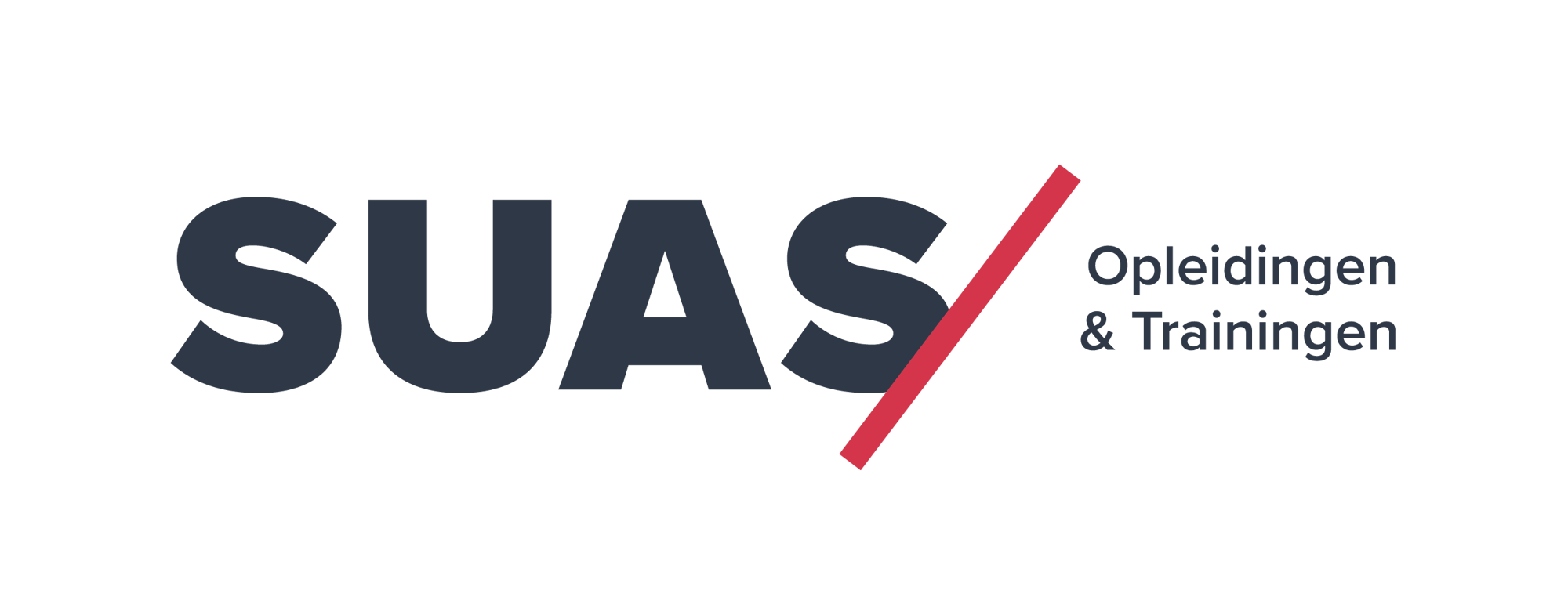With the rise of AI tools enhancing speed and efficiency in the workplace, leaders are facing challenges in ensuring every team member is engaged, finds fulfillment in their roles, and actively contributes to the company's mission.
Particularly in the context of reskilling and upskilling within organizations, a multifaceted approach is essential. This approach encompasses a broad spectrum of skills and strategies aimed at fostering personal and organizational growth, agility, and the capacity to navigate and lead through change.
Looking at what keeps our customers around the world ahead of their game, we notice a list of critical leadership skills that keep leaders at the helm whille navigating the AI revolution.
1. Encourage personal growth and ownership within their team
In the context of reskilling and upskilling, the role of leadership transcends traditional management, shifting towards a coaching-oriented approach that prepares teams for the fluid demands of the modern workplace. This evolution calls for leaders to not only guide but also empower their teams, fostering an environment where resilience, adaptability, and innovation are at the forefront.
As organizations navigate through the complexities of developing new skills, leaders are tasked with managing diverse team dynamics, recognizing and nurturing positive behaviors while mitigating any negative or toxic tendencies. This balancing act is crucial in maintaining team cohesion and productivity during periods of learning and growth.
Moreover, effective leadership in times of uncertainty means embodying the change they wish to see, demonstrating behaviors and attitudes that align with the new skills and mindsets being adopted. By leading from the front when necessary and stepping back to encourage and support, leaders can instill confidence and foster an inclusive culture where every team member feels valued and motivated to contribute to the organization's evolution.
- Manage team dynamics: Teams undergoing reskilling and upskilling encounter significant challenges. Leaders play a crucial role in navigating various behaviors within their teams, some of which contribute positively to goals while others may exhibit toxic tendencies if not addressed effectively.
- Leadership Effectiveness: Leading through uncertainty requires us to lead by example and positively reinforce when new behavior is starting to show. Effective leaders recognize when they are requiered to lead in front on step to the back and lead through encouragement.
- Coaching Skills: Coaching as a skill for leaders have never been as relevant as today, by applying even the most essential coaching skills, leaders create resilient, adaptable teams that are well-prepared to meet the challenges of an ever-changing work environment, driving innovation through ownership.
2. Personal Development and Effectiveness
Leaders are constantly on a journey of personal growth to enhance their leadership effectiveness. Time management, personal effectiveness, and critical thinking are foundational to this. Time management involves breaking with ineffective habits and prioritizing actions that align with one’s values and ambitions, ultimately leading to high performance. Personal effectiveness is about leveraging one’s talents towards achieving personal ambitions and enhancing communication styles for improved performance. Critical thinking clarifies decision-making processes, focusing on solving the challenge at hand by putting relevant factors into perspective.
- Personal Effectiveness: Set personal goals aligned with organizational objectives. A leader might set a quarterly goal to enhance their team's productivity by 20% through improved workflow processes.
- Critical Thinking: Evaluate information from multiple sources before making decisions. When faced with a complex problem, a leader analyzes data, seeks expert opinions, and considers past experiences to make informed choices.
- Time Management: Prioritize tasks based on urgency and importance. For example, a leader starts their day by identifying top priorities and allocates specific time blocks for these tasks to ensure they are completed without delay
3. Enhance Communication and Collaboration
Effective leaders show strong signs of self-awareness, empowering their teams to actively contribute to discussions and navigate diverse situations with assurance. In today's context, mastering collaboration skills is paramount as teamwork takes center stage.
Understanding the intricacies of team dynamics and cultivating trust within teams are vital components of effective leadership. Effective leaders show that they constantly drive a shared vision, recognize and leverage the unique strengths and contributions of individual team members to actively encourage innovation and collaboration.
- Effective Communication: Practice active listening during meetings. This involves summarizing what others have said to ensure understanding, thereby fostering a culture of respect and openness.
- Collaboration Skills: Encourage team brainstorming sessions to solve problems. A leader might organize regular cross-departmental meetings to facilitate creative solutions by leveraging diverse perspectives.
- Building Trust: Share successes and failures transparently with the team. By openly discussing challenges and lessons learned from failures, a leader builds trust and encourages a culture of honesty and continuous improvement
4. Encourage Innovation
The business end on Diversity and inclusion means fostering an inclusive environment by addressing topics like psychological safety and unconscious bias drives engagement and creativity. Creativity and innovation stand as cornerstones of success. Leaders must not only recognize the importance of fostering a culture that values and prioritizes innovation but also champion adaptability as a key trait within their organizations. Encouraging creativity means providing a space where out-of-the-box thinking is not only welcomed but celebrated. Leaders can inspire their teams to think innovatively by setting aside time for brainstorming sessions, encouraging experimentation, and rewarding bold ideas.
Being adaptable means being open to trying new approaches, pivoting strategies when necessary, and learning from both successes and failures. By instilling a culture of adaptability within their teams, leaders position their organizations for long-term success.
- Promoting Diversity: Implement mentorship programs pairing senior leaders with employees from diverse backgrounds. This behavior demonstrates a commitment to developing diverse talent and promoting inclusivity.
- Fostering Innovation: Organize 'innovation days' where employees can work on projects outside of their regular responsibilities. This initiative encourages creativity and could lead to new product ideas or process improvements.
- Psychological Safety: Create a safe space for sharing ideas and concerns. Leaders might hold regular open forums where team members can voice thoughts without fear of judgment or repercussion.
5. Recognize and respond to new information
Leaders that own the change their company goes through lead from vision and communicate the vision within their team. They involve people through change with empathy, understanding, and strategic foresight.
Balance applying change models to real-life scenarios but also need to consider the human aspect of change, ensuring their teams are supported, engaged, and motivated throughout the transition.
- Adaptability: Adjusting strategies in response to external changes requires a leader to be not just adaptable but also communicative and supportive.
- Anticipating Challenges: Proactively identifying potential obstacles to change and developing contingency plans should involve engaging with the team to leverage their insights and prepare them for possible scenarios.
- Creative Problem Solving: Encouraging out-of-the-box thinking to navigate challenges is essential, but doing so through a collaborative leadership style can enhance the process.
Where do you start?
Leadership in the context of reskilling and upskilling is multifaceted, requiring a blend of personal effective communication, inclusion, innovation, change management, all with the future in mind. By cultivating these essential skills, leaders can ensure that their organizations remain agile, innovative, and well-equipped to navigate the challenges and opportunities of the modern business landscape.
It's clear that the emphasis on the importance of a holistic approach to leadership development is essential, one that integrates personal growth with organizational objectives, ensuring that both leaders and their teams are prepared to face the future with confidence and competence.
Relevance Learning is a proud partner of the world's front-running organizations. Contact us to schedule a free conversation to find ways to start enhancing your leadership of tomorrow.





